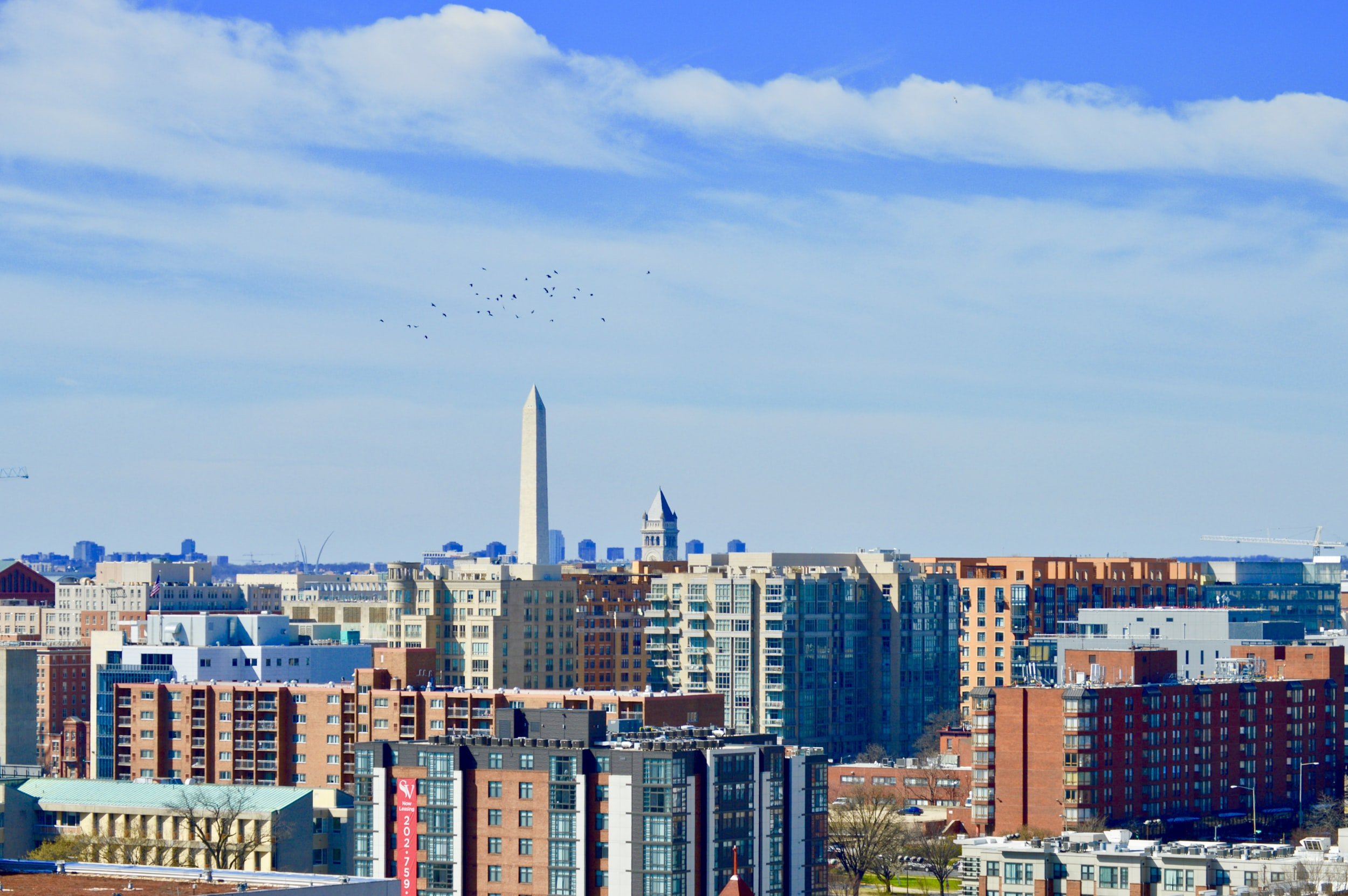
Students committed to collaboration and advocacy for the WPS agenda.
Our story
Established in 2020, the DC Student Consortium on Women, Peace, and Security (WPS) is a student-led organization that aims to — in collaboration with the US Civil Society Working Group on WPS (U.S. CSWG) — promote awareness of the implications of women and gender in security and foreign policy. We strive to ensure that policymakers around the globe are aware of the importance of gender issues and the urgent need to institutionalize a feminist approach when solving critical issues surrounding peace and security.
Publishing
We publish original written work by students and recent graduates (no cutoff). Some areas of focus include inter-generational trauma, LGBTQI+ perspectives, engaging men & boys, and feminist foreign policy.
“The WPS agenda should feel personal to all women, as we are advocating for our livelihoods from the hours we wake up until we lay our heads – we are advocating for women who weren’t able to wake up and those who may struggle to lay their heads. The WPS agenda should feel personal for all people, and it is important to recognize that the goal of this agenda is not to be a ‘voice for the voiceless’ but to uplift the voices of those unheard.”
— Ramani Wilson, Co President 2022-2023
What is the Women, Peace and Security (WPS) Agenda?
The WPS Agenda evolved from the adoption of the United Nations Security Council Resolution (UNSCR) 1325 (2000) and the subsequent nine resolutions, which aim to overcome the historical exclusion of women and women's rights from international approaches to peace and security. The WPS Agenda recognizes that women's meaningful involvement in peace and security is vital to achieving lasting stability. The ten UNSCR resolutions of the WPS Agenda attempt to gender mainstream four critical areas of peace and security: conflict prevention; participation in decision-making and peace processes; protection of human rights during conflict and post-conflict; and relief and recovery efforts. As with all UN initiatives, the onus of implementation falls on UN member states to adopt national level strategies. As of June 2021, ninety-two member states have adopted a National Action Plan on WPS that outline a government's approach and course of action for localizing action on the WPS Agenda.
“To me, the WPS agenda means representation of women and LGBTQIA+ voices that are essential and often overlooked in security and peace building. I aim to bring awareness to the importance of gender in these processes so gender equality, participation, and protection become a reality.”
— Riya Sharma, Director of Student and Alumni Engagement 2022-2023



